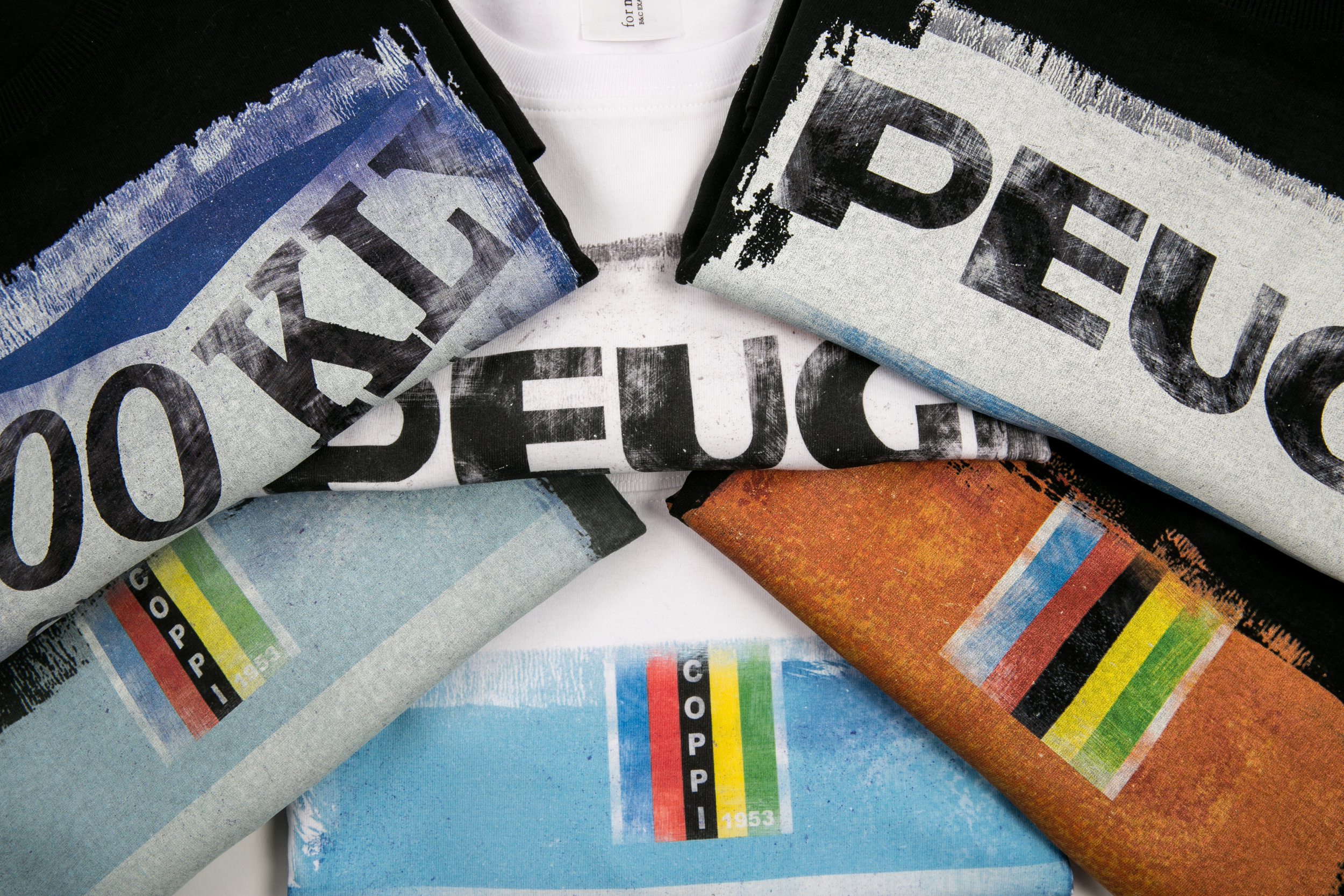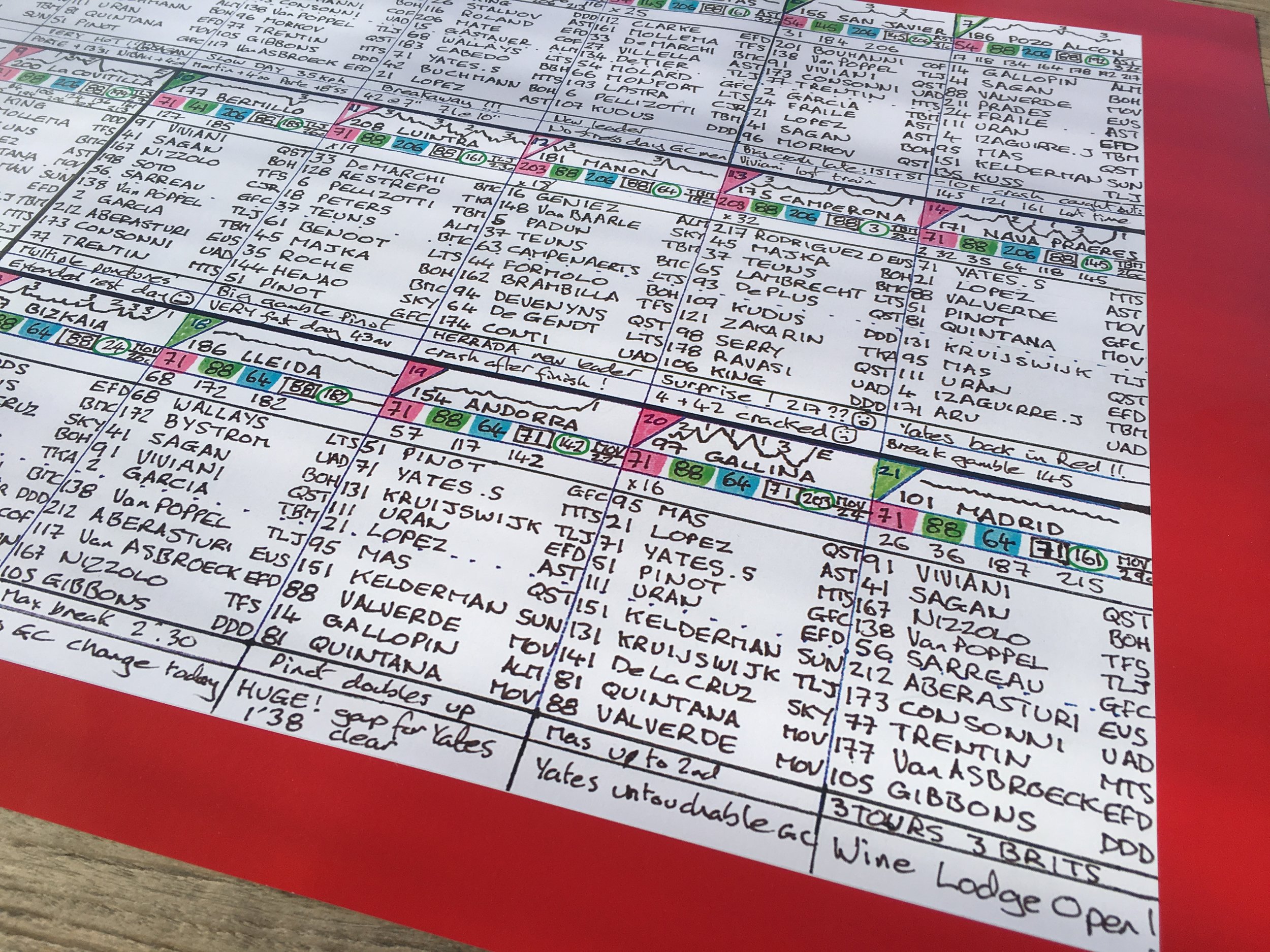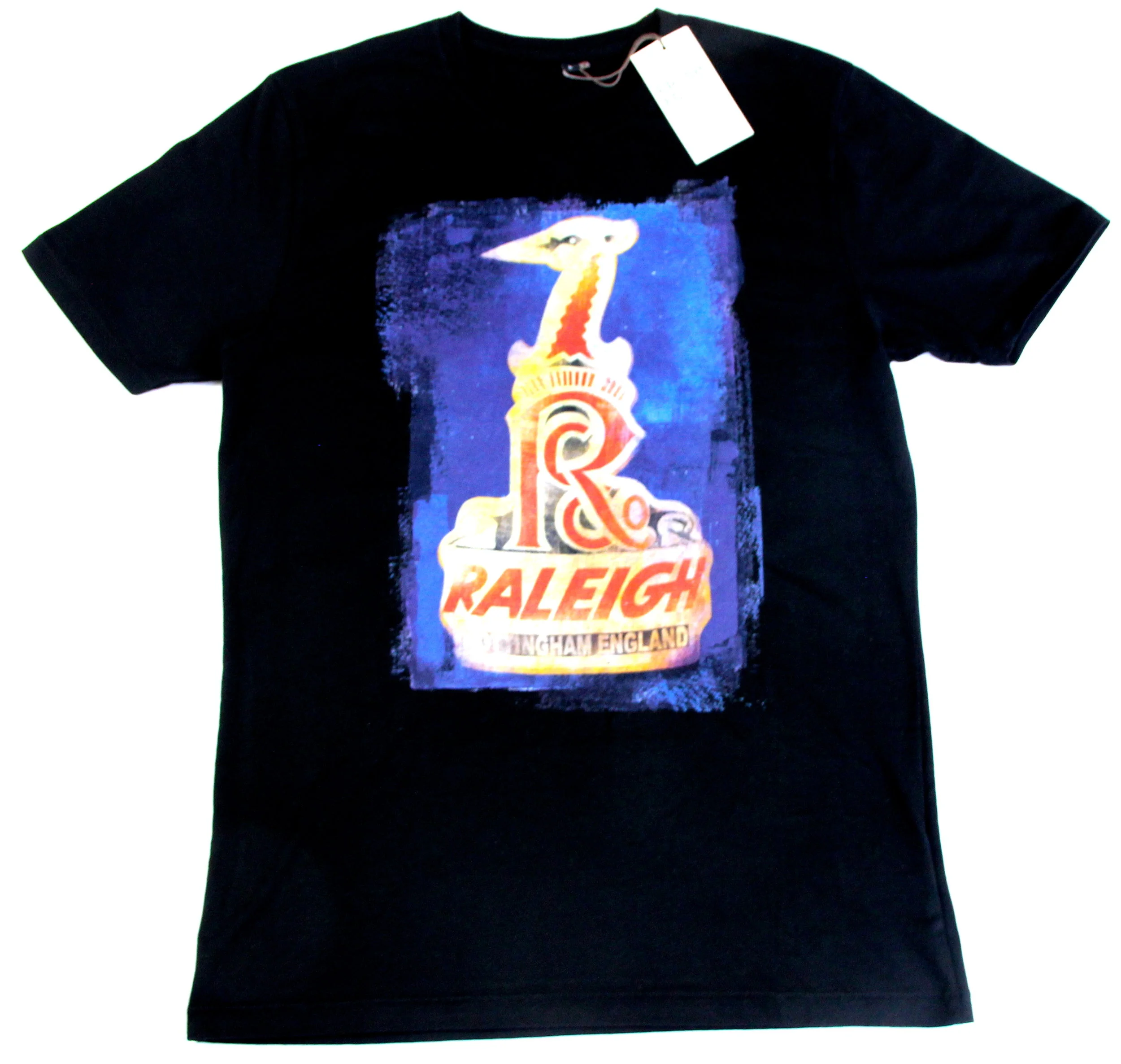Cycling biographies can, let’s face it, be a bit of a bore sometimes. More often than not they’re an extended catalogue of a rider’s palmares and it can be difficult to get under the character’s skin. I’ve dutifully ploughed my way through many of those as I try to bone up on my cycling history, but it’s rare that you get an essence of the romance and poetry of bike racing.
Well, romantic and poetic are exactly the adjectives that spring to mind with this compact and concise book about Jacques Anquetil, the controversial cycling star of the 60s, told through the eyes of the novelist and cycling fan Paul Fournel.
Fournel had idolized Anquetil from a young age and some of the sections of this book document his childhood obsession with the man along with fleeting moments where their paths crossed, imaginary or otherwise. So obsessed was he with the Tour de France winner that he would fantasise being him as he raced on his bike along the country lanes of France with his mates.
At times Fournel slips into an imaginary, present tense, first person narrative, perhaps informed by that childhood vicariousness. These moments do indeed feel genuine, as if uttered by the great man himself, and they add great poignancy and intimacy. I loved the way he describes himself retracing the road builder’s design “and his pure line…I love fine-grained, well designed ones where you can give all you’ve got, the wide flat bends, gentle ups and downs…the road glides beneath my stomach like an endless black ribbon.” How rare to read a romantic description of a piece of asphalt, but one that every road cyclist will identify with!
Anquetil was all about elegance and Fournel’s description of him is beautifully written, absolutely catching the very essence of the man.
“Anquetil enjoyed the blessing of the winds. His pointed nose and face like a fine blade sliced the road open for him, and his whole body flowed behind it, cutting through the mistrals, piercing the winter breezes and the summer storms…The way he pedaled was a lie. It spoke of ease and grace, like a bird taking off or a dancer in a sport of lumberjacks, riders who crushed the pedals, gluttons for hard work, masculinity in all shapes and sizes.”
Richard Long's portrait of Anquetil available from the Ride Velo Shop
Later he says that Anquetil pedaled the way that Sartre writes. Only a Frenchman could come up with that, and about another Frenchman!
Anquetil was the undisputed best rider of his time, following on from Coppi’s supremacy and preceding Merckx’s domination. Fantastically controversial, he openly admitted to doping (“You have to be an imbecile or a hypocriteto think that a professional cyclist who races 235 days a year can keep going without stimulants”) and would make a point of consuming a lobster thermidor or a dozen oysters with a fine wine on the morning of a race.
He would brazenly accept bribes for throwing races, then go out and win them and hinted that he paid rival teams to support him on stage races like Paris-Nice. At the same time he could rise above that murky world and his gesture of giving his bonuses to his teammates is now a uniformly accepted code that has been adopted by team leaders in professional cycling.
France was split between supporting either the graceful and seemingly effortless Anquetil, with his fine, refined Norman looks or the earthier, brown haired, square-faced, Raymond Poulidor from the Massif Central. As Fournel says, “You couldn’t like Poulidor and Anquetil. That was impossible.” Yet it was ‘Poupou’, the darling of France, its teddy bear, that won its heart while ‘Monsieur Jacques’ won most of the racing. Anquetil was “easy to admire but hard to love.”
Anquetil and his rival Poulidor
Their rivalry was such that, when they found themselves ahead of everyone on the last lap of the 1966 World Championship, they were so busy marking each other that they allowed Rudi Altig steal a victory that really should have gone to either of them. “Both are happy to have lost. Neither of them will ever become word champions.”
We admire the great cyclists for many reasons: their style on and off the bike, their force of character as well as their ability to win. Anquetil certainly ticked the box in all those categories. But it’s the internal wrangling of demons and ability to suffer that emotes the strongest responses from fans. And Anquetil certainly pushed himself hard, harder than anyone at the time in fact.
Effortless he may have appeared but his victories can be attributed to how he “stocked up on pain” either behind his trainer’s derny or his wife’s Mercedes. “I train in pain. My trainers aren’t allowed to slow down, they have to pull me into zones of suffering that I alone know of. Even if I beg them to, they are not to slacken the pace.” Thus when it came to a race or a time trial he was able to accelerate past Poulidor and the like.
A man’s life can be defined by his friends and enemies and Fournel does a good job of explaining his relationship with the important people who shaped his life. His wife, Janine, was a crucial linchpin throughout his racing career. Glamorous, and the recipient of sponsorship deals with perfume and clothing companies, she benefited from her association with him after leaving her first husband. Driving him tens of thousands of miles a year across the country, she was as wedded to the road as he was. Together with his trainer and former rival, Geniniani, they joined forces to steer Jacques through his career.
Anquetil remains a mysterious figure
Then there were the other allies like Dede Darrigade who took him under his wing when he arrived on the scene and a coterie of journalists like Pierre Chany and Antoine Blondin. His rivalry with Poulidor developed into a strong friendship and they would spend their days discussing the land and farming to which they both retired to. Legend has it that Jacques would quip on his deathbed, “Poor Raymond, so I’m going ahead of you. Yet again, you’re going to come second.”
Fournel says that the more you learn about Anquetil, the more the mystery deepens. His later years saw him in an extraordinary ménage a trois in his Normandy Chateau with his wife and step daughter with whom he had a child.
Like many of the great cyclists, Anquetil was an enigma to many. Solitary, controversial, fascinating, this book captures the essence of a man full of contradictions. While it goes some way to helping us understand who he was, as the author says, he remains a mysterious figure. And perhaps all the more iconic because of that.
Anquetil, Alone is published by Pursuit Books on 7th September



































